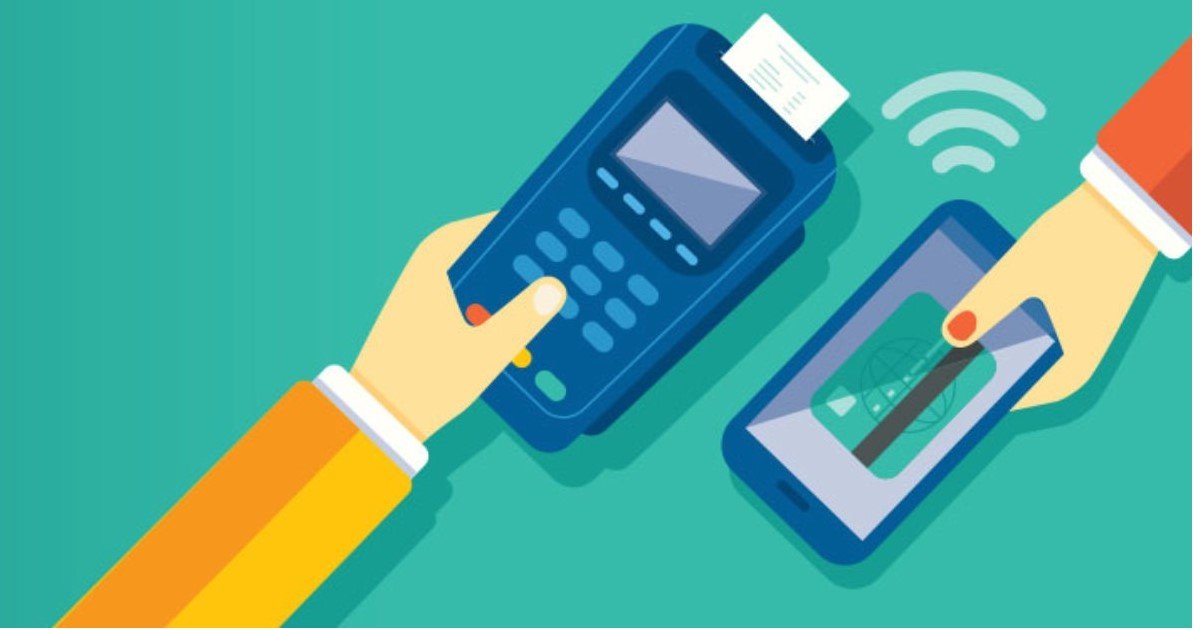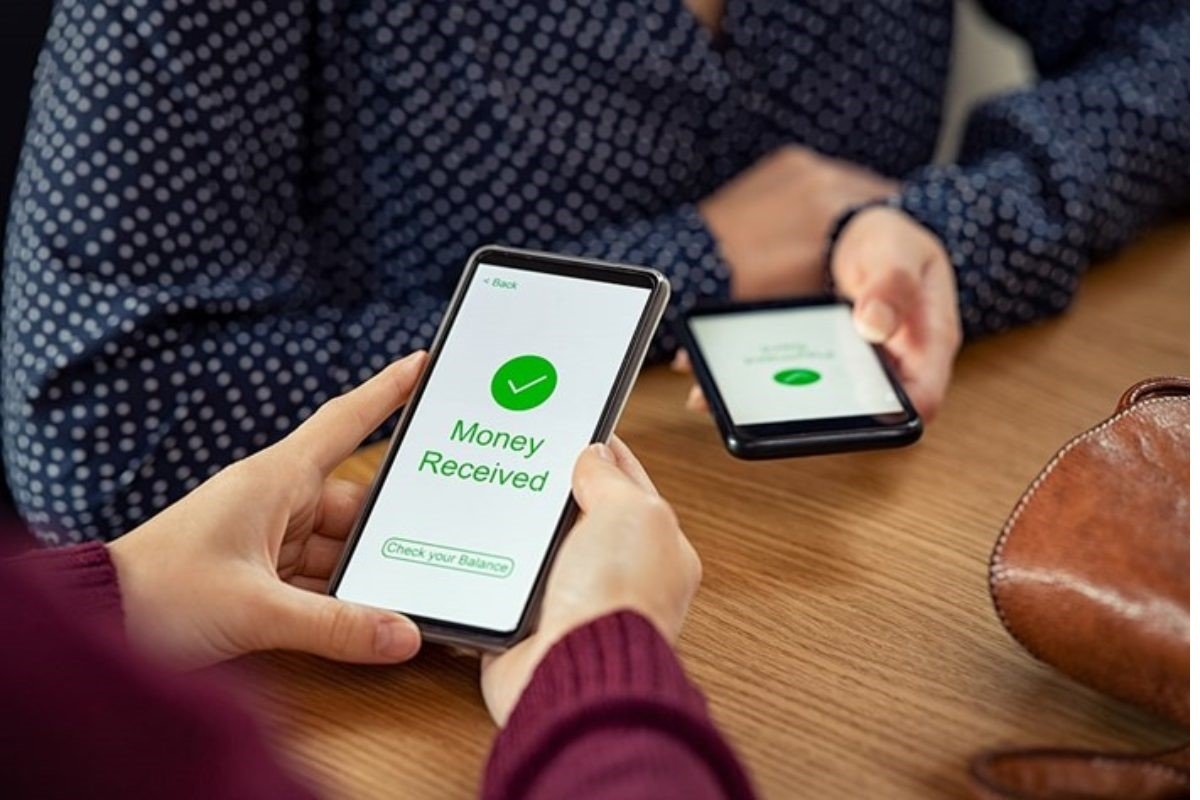How to Transition to a Cashless Society in 2023

In today’s rapidly evolving digital landscape, the concept of a cashless society is gaining more traction than ever before. As technology continues to advance and reshape our lives, the shift towards cashless transactions is becoming increasingly prominent. In this article, we’ll explore the key steps and considerations to smoothly transition to a cashless society in 2023.
Understanding the Cashless Society Trend

The Digital Payment Revolution
The world is witnessing a digital payment revolution, with various electronic payment methods replacing traditional cash. This transition has been accelerated by the convenience and security offered by digital payments.
Cash Usage Decline
The usage of physical cash is steadily declining worldwide. Factors such as hygiene concerns during the COVID-19 pandemic and the convenience of digital payments have contributed to this decline.
Preparing for the Transition
Embracing Mobile Wallets
One of the first steps towards a cashless society is to embrace mobile wallets. Popular apps like Apple Pay, Google Wallet, and PayPal offer secure and convenient ways to make digital payments.
Linking Bank Accounts
Ensure that your bank account is linked to your mobile wallet or preferred payment app. This linkage simplifies transactions and allows for easy transfers between your bank account and digital wallet.
Educating Yourself
Take the time to educate yourself about various digital payment methods, security measures, and best practices. Understanding how to protect your digital assets is crucial.
Navigating the Transition
Online Shopping
Online shopping is a significant aspect of a cashless society. Explore e-commerce platforms and learn how to make secure online purchases.
Contactless Payments
Take advantage of contactless payment options, such as NFC (Near Field Communication) technology, when making in-store purchases. These methods are not only convenient but also reduce physical contact.
Peer-to-Peer Transactions
Explore peer-to-peer payment apps like Venmo and Cash App for hassle-free money transfers between friends and family.
Ensuring Security
Password Management
Maintain strong and unique passwords for your digital payment accounts. Consider using a reputable password manager for added security.
Two-Factor Authentication
Enable two-factor authentication whenever possible. This extra layer of security helps protect your accounts from unauthorized access.
Benefits of a Cashless Society
Convenience

Cashless transactions offer unparalleled convenience. You can make payments, transfer money, and track your expenses with just a few taps on your smartphone.
Financial Tracking
Digital transactions make it easier to track your financial activities. You can access transaction history and statements effortlessly, helping you maintain better control over your finances.
Reduced Risk of Theft
Physical cash can be lost or stolen, whereas digital assets are more secure. A cashless society reduces the risk of theft and provides peace of mind.
Challenges and Concerns
Digital Exclusion
Not everyone has access to smartphones or digital payment methods, leading to concerns about excluding segments of the population. Efforts must be made to bridge this gap.
Privacy Concerns
Some individuals worry about the privacy implications of a cashless society. It’s essential to be aware of the data you share and to use secure payment methods.
The Future of Transition to a Cashless Society in 2023
In recent years, the world has witnessed a significant shift towards a cashless society. This transition, fueled by advancements in technology, changing consumer preferences, and global events like the COVID-19 pandemic, has accelerated at an unprecedented pace. In this article, we will delve into the future of this transition to a cashless society in 2023 and explore its implications.
The concept of a cashless society, where physical cash is replaced by digital transactions, has gained remarkable traction in recent years. With the advent of new technologies, such as mobile payment apps and cryptocurrencies, coupled with changing consumer preferences, the world is on the brink of a financial revolution.
The Current State of Cashless Transactions
As of 2023, cashless transactions have become ubiquitous in many parts of the world. From buying groceries to paying for services, consumers increasingly rely on digital payment methods, such as credit cards, mobile wallets, and contactless payments. Traditional paper currency is slowly becoming a relic of the past.
Factors Driving the Transition
Technology Advancements
The rapid evolution of technology has been a driving force behind the transition to a cashless society. The widespread availability of smartphones and the internet has made digital payments accessible to almost everyone. Mobile payment apps like Apple Pay and Google Pay have revolutionized the way we make transactions.
Changing Consumer Habits
Consumers today seek convenience and speed in their financial transactions. Cashless payments offer just that. The ease of tapping a phone or a card to complete a purchase has made cash seem cumbersome and outdated.
Challenges and Concerns
Cybersecurity Risks
With the increased reliance on digital transactions, the risk of cyber threats and data breaches has also grown. It’s crucial for the transition to address these security concerns effectively.
Financial Inclusion
Not everyone has access to digital payment methods, which can lead to financial exclusion. Ensuring that everyone can participate in a cashless society is a challenge governments and financial institutions must tackle.
Government Initiatives
Many governments have taken proactive steps to promote the transition to a cashless society. These initiatives include promoting digital literacy, introducing regulatory frameworks, and encouraging the use of digital payment methods.
The Role of Cryptocurrencies
Cryptocurrencies like Bitcoin and Ethereum have captured the imagination of investors and consumers alike. Their decentralized nature and potential to revolutionize the financial industry make them a significant player in the cashless society of the future.
Impact on Traditional Banking
Traditional banks are adapting to this shift by investing in online banking services and digital payment platforms. The banking landscape is evolving to stay relevant in a cashless world.
Future Trends in Payment Methods
Biometric Payments
The use of biometric data, such as fingerprints or facial recognition, for payments is an emerging trend. This adds an extra layer of security and convenience to cashless transactions.
Central Bank Digital Currencies
Many central banks are exploring the creation of digital versions of their currencies. CBDCs could offer the stability of traditional currencies with the benefits of digital transactions.
The Global Perspective
Different countries are at various stages of the cashless transition. Some nations have almost entirely embraced digital payments, while others are still heavily reliant on cash.
Cashless Society and the Environment
Reducing the use of physical cash can have positive environmental impacts. Fewer banknotes in circulation mean less paper production and fewer carbon emissions.
Cashless Society and Privacy
The convenience of cashless transactions comes with concerns about data privacy. How personal information is collected and used in these transactions is a topic that requires careful consideration.
Economic Impacts
A cashless society can affect economies in numerous ways, from reducing the cost of printing and distributing physical currency to potentially increasing economic transparency and reducing tax evasion.
The Road Ahead

The transition to a cashless society is not without challenges, but its benefits in terms of convenience, security, and efficiency are undeniable. As technology continues to advance, we can expect this transformation to become even more pronounced in the coming years.
Conclusion
Transitioning to a cashless society in 2023 can be a seamless process when approached with knowledge and caution. Embrace the convenience and security that digital payments offer, but also remain mindful of the challenges and concerns associated with this transition.
Read more : Best 20 Budget-Friendly Countries to Visit in the World 2023
FAQs
Is it safe to use mobile wallets for transactions?
Yes, mobile wallets use encryption and security features to protect your data and transactions.
What should I do if I lose my smartphone with my mobile wallet app?
Immediately contact your mobile wallet provider to suspend your account and prevent unauthorized access.
Are there any fees associated with digital payments?
Some digital payment apps may charge transaction fees, so it’s essential to check the terms and conditions of your chosen platform.
Can I still use physical cash in a cashless society?
While physical cash may become less common, it will likely still be accepted in some places, but it’s advisable to adapt to digital payment methods for convenience.
How can I protect my privacy when using digital payments?
To protect your privacy, use secure payment methods, review privacy settings, and be cautious about sharing personal information online.
Read more : How to Transition to a Cashless Society in 2023







